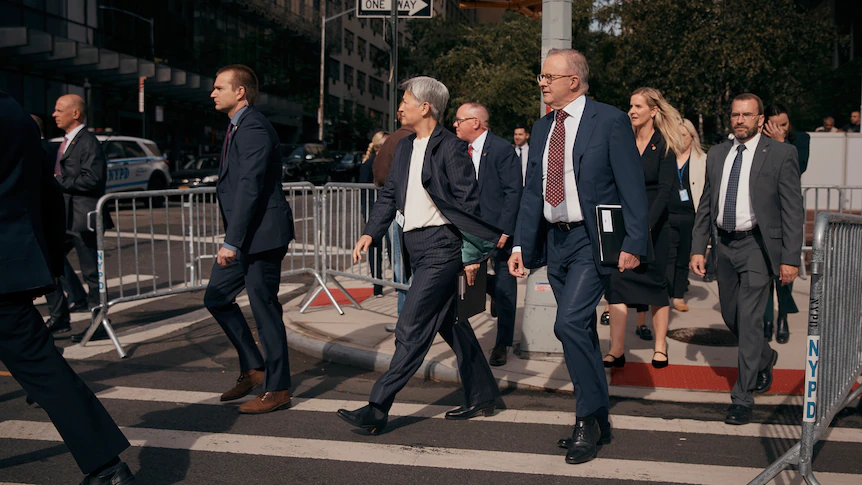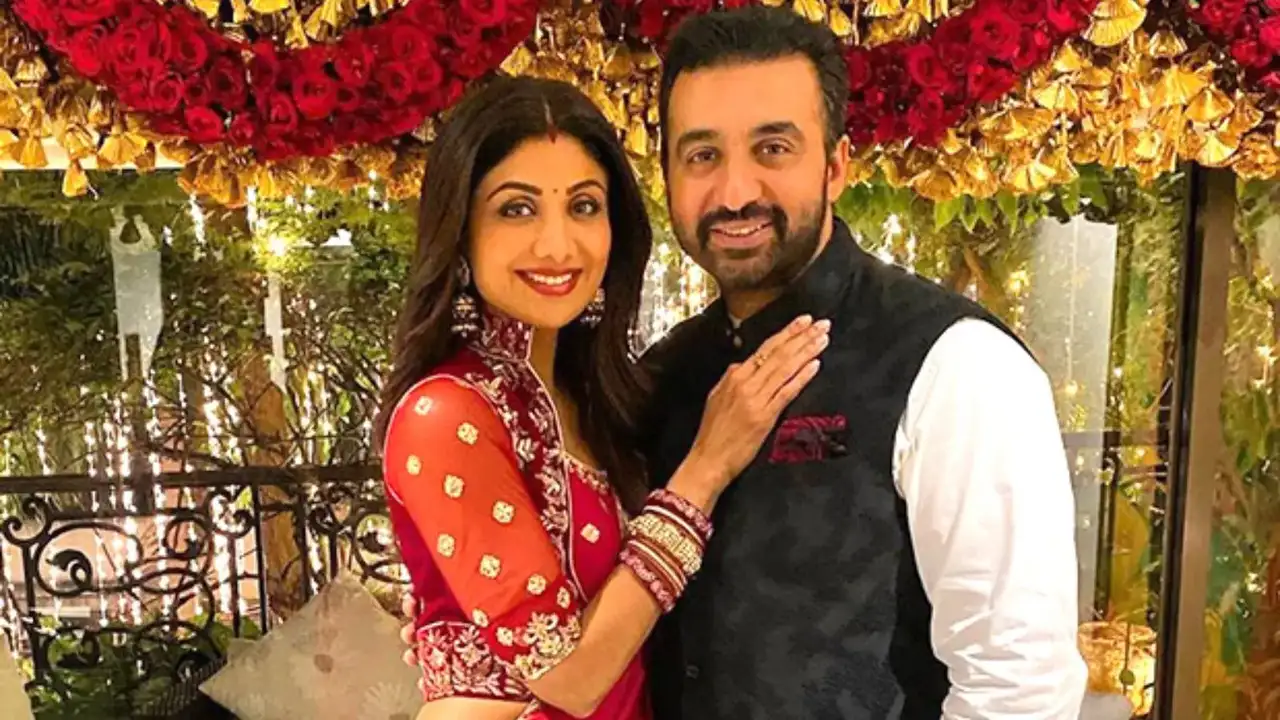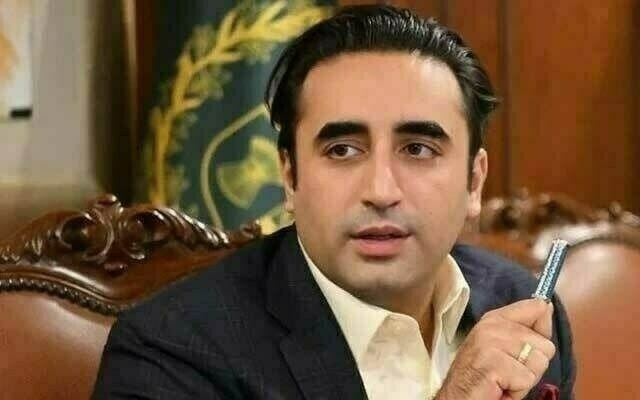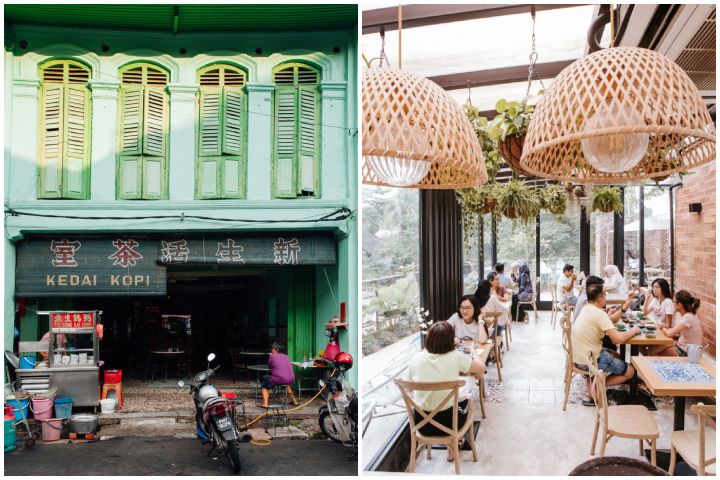By Brad Ryan
Copyright abc

World leaders are arriving in New York for the annual High-level Week at the United Nations General Assembly.
And for the first time, Australian Prime Minister Anthony Albanese is among them.
In amongst a packed schedule of events, here are four things to watch for.
Possible Trump-Albanese meeting
Under political pressure since a false start in Canada in June, Anthony Albanese’s office has been working hard to lock down a meeting with Donald Trump, finally, on the sidelines of UNGA.
The Australian prime minister and the US president have both indicated they will “see” each other. But it is still not clear if they will have a formal bilateral meeting, or more of a “happenstance encounter”.
“We’ll see each other in New York — he’s hosting a reception on Tuesday night of next week,” Mr Albanese last week told ABC radio, referring to a function the president is hosting for leaders from around the world.
On Saturday, Mr Trump said he would meet “probably 20” world leaders during the UN summit, but did not name any.
“Everybody wants to meet, but I’m one person,” Trump said. “I’m going to meet with some of the majors.”
The stakes of any meeting are high. “It’s probably the most consequential meeting between an American and Australian in living memory,” former deputy secretary of state Kurt Campbell said in Sydney last week.
Top of the prime minister’s priority list will be the AUKUS security and submarines deal, currently under Pentagon review.
Little is known about the progress of that review, though some US media reports suggest the pact is safe. King Charles talked it up at a Windsor Castle banquet with Trump last week.
Trade and tariffs are also a priority, though hopes of a meaningful exemption from Mr Trump’s import taxes have been fading over time.
The US has multiple grievances with Australia over trade (such as “non-tariff barriers” to business like biosecurity controls and social media regulation), and over defence (namely that Australia isn’t spending as much on it as the US would like).
So any public event with Mr Trump, who has a tendency to publicly air his grievances with allies during such meetings, would represent some risk for the prime minister.
Western recognition of Palestine as country
This is another big grievance of the US. The Western world is breaking with the superpower on the formal recognition of Palestine.
On the eve of the UN assembly’s High-level Week, Australia — along with the UK and Canada — issued a declaration formally recognising Palestine as its own sovereign country.
At least seven other western nations are set to do the same, including Andorra, Belgium, France, Luxembourg, Malta, Portugal and San Marino. They are joining 147 of 193 UN states that already recognised Palestine.
The Palestinian Authority has, in turn, offered commitments such as governance reforms, demilitarisation and general elections.
The US is hostile towards the idea of recognising a Palestinian state now, even as polling suggests a majority of Americans support it.
The Trump administration argues Hamas is being “rewarded”.
But French President Emmanuel Macron says the recognition move is actually the “best way to isolate Hamas”.
The US has denied visas for Palestinian officials to attend the UN event. So on Saturday, 145 countries voted to allow Palestine to take part in the summit virtually.
The US and Israel voted against the resolution, but only Nauru, Palau and Paraguay joined them, and six countries abstained (Albania, Fiji, Hungary, North Macedonia, Panama and Papua New Guinea).
The West’s support for a Palestinian state has been spurred by Israel’s intensifying bombardment of Gaza, now deemed a genocide by a UN commission of inquiry. The commission’s finding last week is in line with the assessment of the world’s top human rights groups and many genocide scholars.
There is widespread acceptance that the moves to recognise Palestine will not change the situation on the ground, and there are calls for UN member states to take much stronger action.
The UN commission of inquiry has backed human rights advocates’ calls for sanctions on Israel.
It is also recommended member states stop supplying arms and jet fuel to Israel, and cooperate with the International Criminal Court, which has war crimes arrest warrants out for Israeli leaders.
France and Saudi Arabia will co-host a summit on the future of Palestine at the UN’s headquarters in New York on Monday, local time.
Push for a stronger response to Russian aggression
This year’s UN General Assembly session will be the fourth since Russia’s full-scale invasion of Ukraine.
Last year, Ukrainian President Volodymyr Zelenskyy brought a “victory plan”, for which he sought support from the US’s then-president Joe Biden.
This year, he is planning to meet Mr Trump, whose support has been much shakier than his predecessor’s.
Reports out of Kyiv say Mr Zelenskyy will request more US sanctions on Russia.
Meanwhile, Moscow’s UN envoy said Russian Foreign Minister Sergei Lavrov would meet US Secretary of State Marco Rubio, according to Russian state media.
Mr Trump has been pushing for weeks for a meeting between Zelenskyy and Russian President Vladimir Putin — something he said Mr Putin had agreed to during a phone call more than a month ago.
On Thursday, Mr Trump said that Mr Putin had “really let me down”. He is urging countries to penalise Russia by refusing to buy its oil.
Albanese’s first UN speech and messages on social media and climate change
In past years, Foreign Minister Penny Wong has delivered Australia’s statement at the UN’s annual meeting of world leaders.
But this year, for the first time, the prime minister will address the general assembly.
He is likely to restate Australia’s position on global conflicts and its wishes for peace, and talk about the importance of international cooperation and the rules-based world order, as Ms Wong has in past years.
He is also likely to mention Australia’s new emissions reduction target and its social media ban for users under 16.
Australia is presenting to the UN an emissions target of a 62-70 per cent reduction on 2005 levels by 2035.
And it will host a forum to promote its upcoming social media ban for under-16s.
Under the upcoming ban, social media platforms will have to take “reasonable steps” to stop Australians under the age of 16 from signing up.
“Australia is leading the world, but the world is following Australia’s lead,” Mr Albanese said of the ban.
He said the EU — which was considering a similar policy — as well as Greece and Fiji, would be represented at the forum on Wednesday morning, local time.
“We’ll be out trying to round up a few more to come to what will be a really important event,” he said.
Communications Minister Anika Wells and Energy Minister Chris Bowen, as well as Ms Wong, are accompanying Albanese to help him sell the policies to the world.



